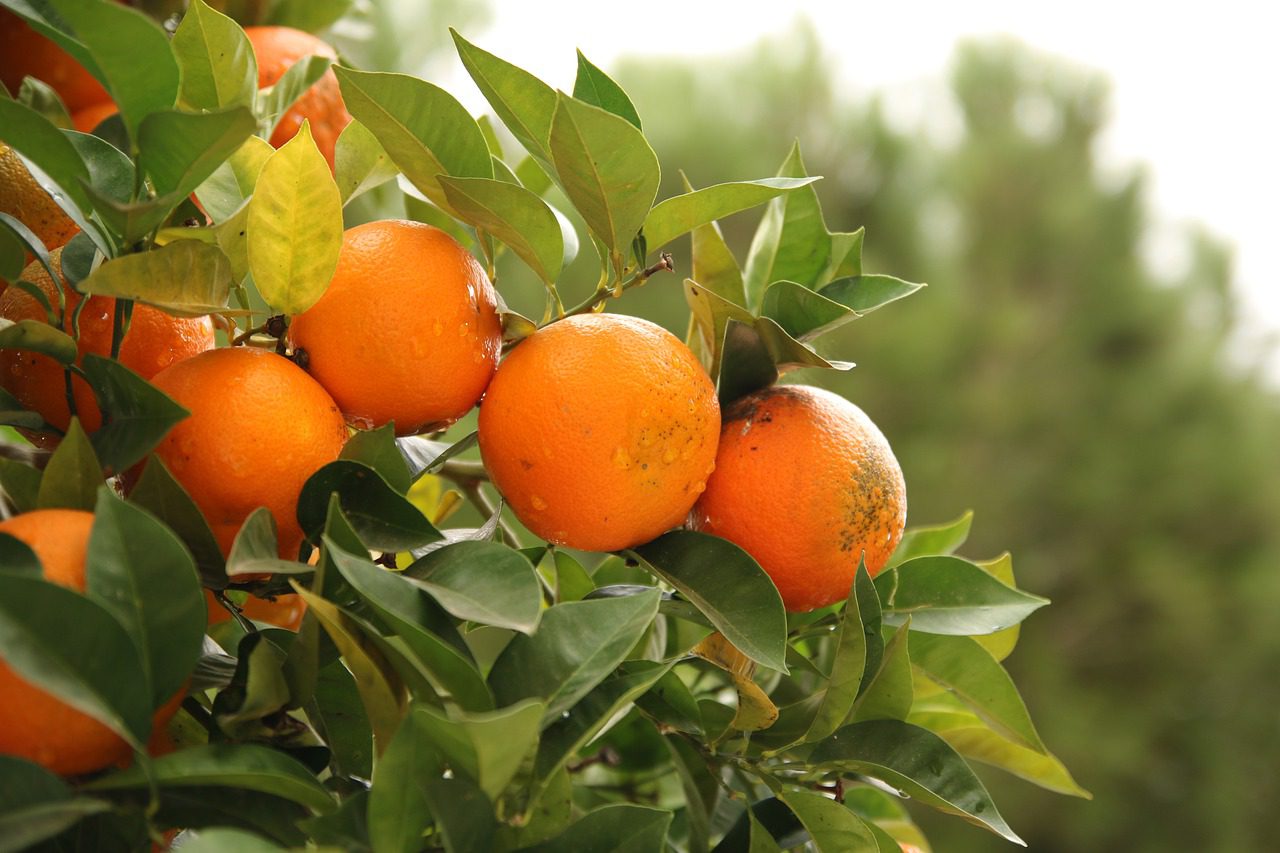Explore the latest recommendations for black spot management from a UF/IFAS Associate Professor and Extension Specialist.
Black spot has been found in the Florida counties of Charlotte, Collier, Glades, Hendry and Lee, and Associate Professor of Plant Pathology and Extension Specialist Megan Dewdney believes black spot may have traveled to DeSoto, Hardee, Highlands, Polk and other Central Florida counties thanks to Hurricane Irma in 2017. She shared her latest research into the fungal disease, including updated recommendations for black spot management in a presentation at the Citrus Expo, according to a Citrus Industry article. Explore the recommendations below.
Black Spot Management Recommendations
According to Dewdney, black spot can cause up to a 60% yield loss in severe situations that include zero management, and minimally managed blocks can reduce that to a 10 to 20% loss. Dewdney’s research found that skirting citrus trees does not improve citrus black spot, “there are other good disease management reasons to skirt.”
Black spot management recommendations from Dewdney’s research include:
- “Apply fungicides, alternating copper with a strobilurin, a minimum of monthly. “Start May if dry in April, otherwise start applications in April” through the fall, a slide indicated. It added that coverage is key, so at least 125 gallons per acre should be applied slowly.”
- “Determine if CBS is in your grove or area,” through constant scouting.
- “Manage leaf litter.”
- “Remove as much dead wood as possible and destroy it on site.”
Griffin Fertilizer is committed to helping both growers and ranchers make sound agronomic and economic decisions in order to maximize the health of their grove and pasture. As a full-service custom dry & liquid fertilizer blender and crop protection product distributor, we will continue our mission to further advance Florida agriculture. For questions or concerns about your farm or pasture, contact us and one of our team will be in touch.

